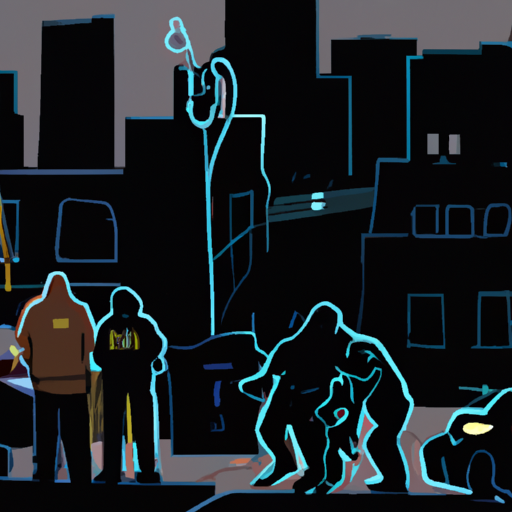The Unabating Canadian Opioid Crisis and United Front In Combat
The latest news highlights how severely the opioid crisis has ricocheted across communities in Canada, especially Ontario. According to a recent report, other cities are eagerly joining Greater Sudbury in commemorating victims of overdoses, an unfortunate result of the relentless opioid crisis. This devastating health crisis, fuelled by widespread opioid use misuse, continues to pose significant challenges for civic and community leaders.
The Devastating Effects of the Opioid Crisis
The repercussions of the opioid crisis have been devastating for Canada and its people. They have permeated the very fabric of our society, crippling the nation at various levels, especially the civic. As community leaders in Ontario, it’s vital we acknowledge and understand the extent of these effects.
Impact on the Homeless
The homeless population has arguably borne the brunt of the opioid crisis. Considering the precarious nature of their situations, the non-existent or insufficient housing opportunities, along with the stress of living on the streets, make them more vulnerable to drug use and consequently, its horrifying effects. Emergent research establishes a strong correlation between homelessness and the opioid crisis, identifying how the latter significantly compounds the hardships of the former.
Escalation in Crime Rates
The opioid crisis has also been linked to increasing crime rates in multiple Canadian provinces. Considerable strain on law enforcement agencies, as well as a general climate of apprehensive instability, have become increasingly common, escalating social and economic costs.
Addressing the Opioid Crisis: Canada’s Responsive Measures
Times of crisis demand extraordinary measures, and the Canadian opioid crisis is no exception. The country has explored various avenues for possible solutions, the most notable being the Canadian opioid abatement class action.
Canadian Opioid Abatement Class Action
The Canadian opioid abatement class action is an innovative legal suit aimed at making significant players in the pharmaceutical industry accountable for their role in the opioid crisis. It’s essentially a collective attempt to recover the astronomical costs related to opioid misuse, serving as a beacon of hope in these challenging times.
Naloxone: A Lifesaving Intervention
The emergence of naloxone, an opioid antagonist, has been promising in reversing opioid overdose effects. Widespread access and use of naloxone can significantly mitigate the impact of the opioid crisis, saving numerous lives in the process.
Cities Uniting in Commemoration
The news of cities across Ontario uniting in remembrance of the victims showcases the power of unity when dealing with such crises. It not only signifies the collective mourning for the victims of this crisis but is also symbolic of the united front required in combating and overcoming these challenges.
Key Points in Addressing the Opioid Crisis
- The Canadian opioid crisis has tremendously destructive social and economic effects, impacting vulnerable groups such as the homeless, and increasing crime rates.
- The Canadian opioid abatement class action illustrates the attempt to hold big pharma accountable for their contributions to the opioid crisis.
- Increased access to naloxone and education on its use presents an essential first line of defense.
- The mounting support from Ontario cities in commemorating overdose victims underscores the importance of solidarity in facing and overcoming the opioid crisis.
Conclusion
In conclusion, the ongoing opioid crisis is a severe public health challenge that requires our collective efforts for a resolution. As evident in Ontario and other provinces, recognizing the extent of the crisis, acknowledging its impacts, and mobilizing resources to implement effective measures, such as the Canadian opioid abatement class action and increased access to naloxone, are crucial steps forward. We must unite and strive together to overcome this crisis, honoring those lost while working relentlessly to prevent additional casualties.
